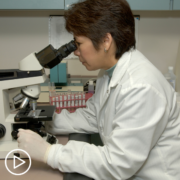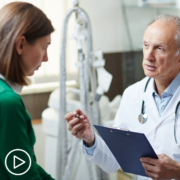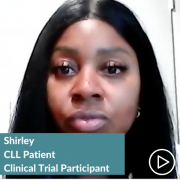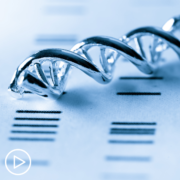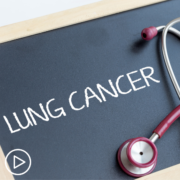What Tests Should I Get Before Seeing a CLL Specialist?
What Tests Should I Get Before Seeing a CLL Specialist? from Patient Empowerment Network on Vimeo.
Chronic lymphocytic leukemia (CLL) patients are advised to have some testing before seeing a CLL specialist. Watch as Dr. Nadia Khan from Fox Chase Cancer Center explains tests that help predict CLL progression, treatment response, and time to treatment.
Related Programs:

|
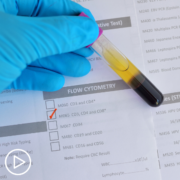
|

|
Transcript:
Mary Leer:
Here’s a question from Richard: I am a CLL patient currently on “watch and wait.” When is the right time and what tests should have been performed before seeing a CLL specialist?
Dr. Nadia Khan:
Richard, thank you for your excellent question. There are a number of tests with respect to CLL that help us to prognosticate more accurately, and those would include either a FISH panel, fluorescence in situ hybridization for CLL which identifies this common amplification and deletions that have been described in CLL. Additionally, an IgVH mutational test and a TP53 sequencing test would be the three basic prognostic tests used to identify what kind of CLL a patient has.
This testing should be repeated at any point wherein a patient is changing therapy or at any point where there’s a change in the clinical status of the patient. Outside of these standard tests, there are other molecular tests that can be ordered and are commercially available for use…for use by clinicians. These molecular tests can also identify changes within the CLL that can help to prognosticate at this time, outside of the standard tests that I mentioned to you, there are no proven benefits to other testing, but the results of additional testing can just really help inform your clinician about the likelihood of you needing treatment in the near future and the likelihood of response to therapy.

